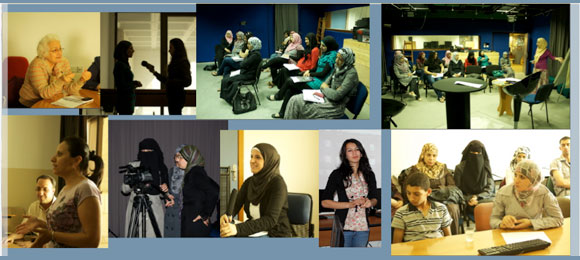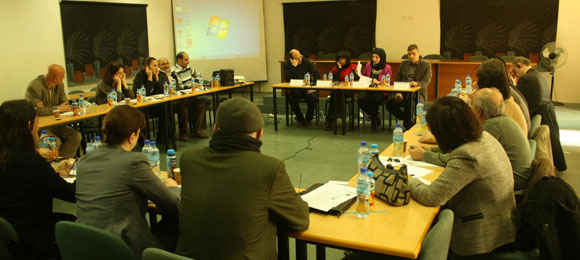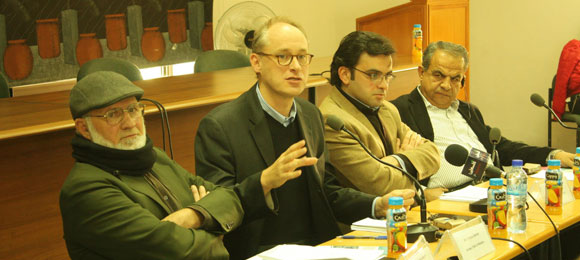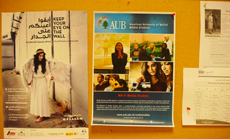
Three documentary films that has been produced during the training sessions of the Media Development Center / University of Birzeit ; won three awards out of five in the festival witness on creativity , organized by “Journalists without limits” institution in cooperation with Palestinian universities that teaches media and AL-Falistiniah TV channel which broadcasted all films that were done by young directors and Media students .
The winning documentaries produced by the MDC courses are:
-“A Letter from Jerusalem”, directed by Mohammed Abu Sneineh ; the film tells the story of a family in Jerusalem forced to demolish their house by the father and sons so that they do not have to pay the wages of the demolition to the Israeli municipality and to avoid being arrested .
-“Duha Tales”, directed by Mohammed Sawwaf and Mohamed El Baz , the film captures details and views about the impact of the aggressive war on Gaza Strip in 2008, on the behavior of children.
-“The Key”, directed by Mohammed al-Haj Ahmed, a film of expressive symbolism that speaks about the right of return and the Palestinians commitment to this right, generation after generation .









